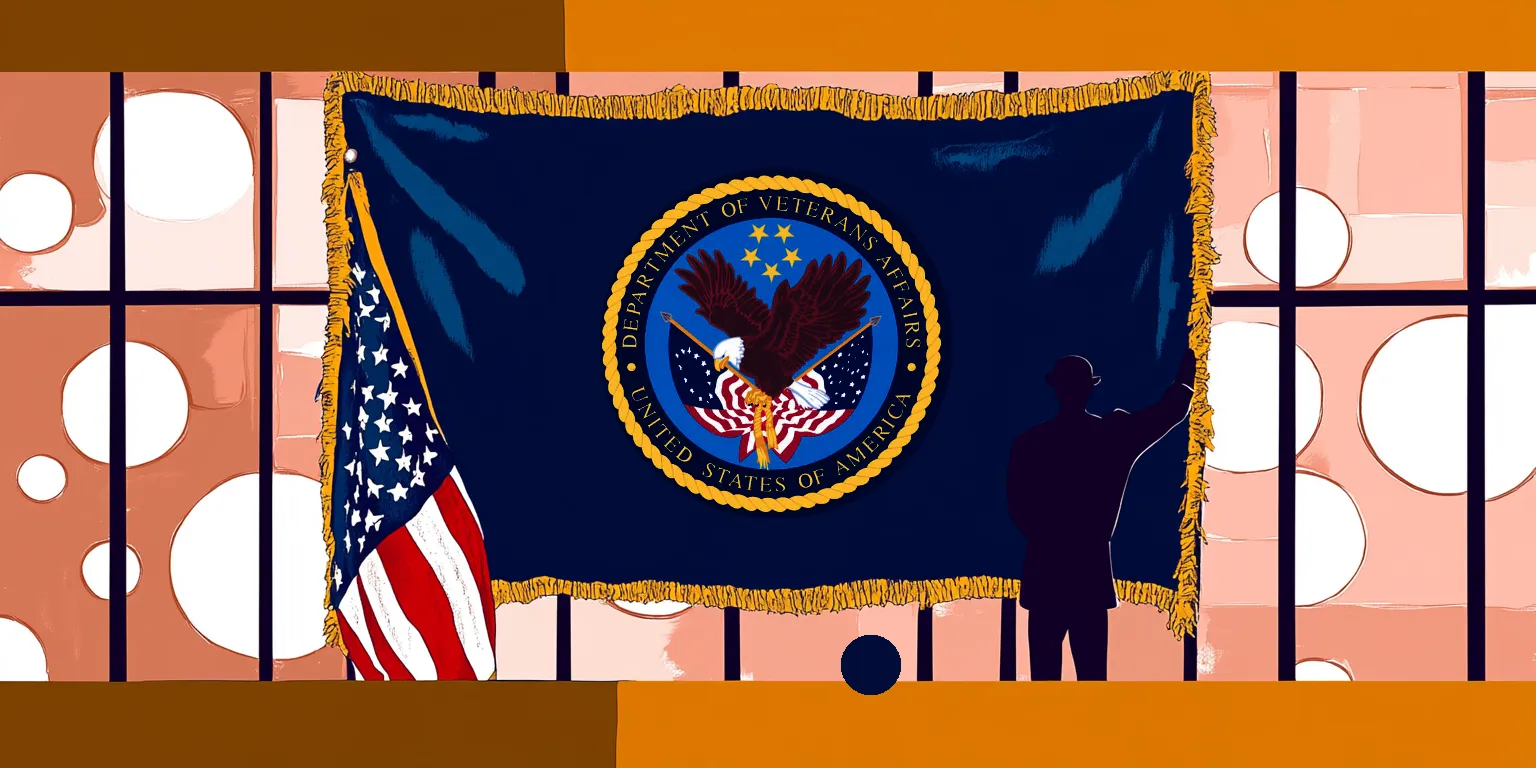In this week’s Psychedelic News Roundup, we examine a study showing that psychedelic mushrooms predate humanity by millions of years, a fifth Michigan city decriminalizes psychedelic plants and fungi, and promising new research shows the therapeutic potential in DMT and ibogaine.

Coming to us from Vice, scientists have conducted the most extensive genomic study of magic mushrooms to date, focusing on the Psilocybe genus, which includes species containing the psychedelic compounds psilocybin and psilocin. Published in the Proceedings of the National Academy of Sciences, the study involved analyzing the genomes of over 50 mushroom species from this genus. While psilocybin has gained attention for its therapeutic potential in treating mental illness and end-of-life care, few of the approximately 165 species in the group have been studied before.
The researchers, hailing from the US, UK, and Mexico, employed genomics to investigate the unique properties of different species within the Psilocybe genus. The study revealed that the ability to produce psilocybin in Psilocybe mushrooms evolved around 65 million years ago. Additionally, the researchers found that the mushrooms developed two independent ways of producing psilocybin, one of which was previously unknown.
Most fungi produce psilocybin using four core enzymes in a specific sequence or pathway, controlled by a cluster of genes. The study found that these genes could appear in a different order than previously identified, with over 65% of the studied mushrooms having genes arranged in a non-typical way. This discovery has implications for biotechnology companies seeking to create synthetic versions of psilocybin, expanding the available ingredients for developing such tools.
Keep Up with Uncensored Psychedelic Trends
Join our newsletter at Psychedelics Uncensored.
We respect and protect your privacy. By subscribing your info will be subject to our privacy policy . Unsubscribe easily at any time
The PsiH or P450 monooxygenase gene was identified as particularly variable across the genus, although researchers are still uncertain about its significance. The study not only identifies specific genes of interest but also lays the groundwork for uncovering new therapeutic compounds by documenting the diversity of these mushrooms.
Despite the potential benefits, the research has faced obstacles due to regulations, stigma, and confusion surrounding psilocybin-containing mushrooms. The stigma and sudden interest in the mushrooms have led to a surge in “underground secondary scientific” research, sometimes resulting in misinformation. Challenges in obtaining funding for this type of work persist, despite the potential positive scientific and therapeutic outcomes, as outlined in the study. (1)
Ibogaine Shows Promise in Small Trial for Treating Brain Trauma in Veterans

As reported by Nature, a small trial involving military veterans suggests that the psychedelic drug ibogaine could be a potent treatment for traumatic brain injury (TBI), significantly reducing symptoms such as post-traumatic stress disorder (PTSD) and depression by over 80% on average one month after treatment. The study, published in Nature Medicine, did not include a control group, and researchers emphasize the need for more rigorous trials. Ibogaine, derived from the bark of the Tabernanthe iboga shrub in Central Africa, is known for ceremonial use but is tightly regulated and associated with fatal heartbeat irregularities.
Researchers, led by Nolan Williams of Stanford University, followed 30 male U.S. veterans with TBI who sought out ibogaine at a Mexican facility, where its use is unrestricted. Participants received a magnesium supplement alongside the psychedelic to mitigate cardiac side effects. Results showed significant reductions in PTSD, depression, and anxiety symptoms, with participants transitioning from mild-to-moderate disability before treatment to no disability one month after. No cardiac side effects were reported, demonstrating a proof of concept for screening and administration to lower risks.
Keep Up with Psychedelic Trends
Get uncensored psychedelic news, events, and updates. Join Psychedelics Uncensored!
We respect and protect your privacy. By subscribing your info will be subject to our privacy policy . Unsubscribe easily at any time
The study, led by neuroscientist Nolan Williams, plans to explore the long-term benefits of ibogaine and to use neuroimaging and biomarkers to understand its mechanisms of action. Previous research in mice by Gül Dölen at the University of California, Berkeley, suggests that ibogaine might temporarily reopen a “critical period,” a concept referring to windows of time during early development when the nervous system is particularly malleable. Ibogaine, when tested alongside four other psychedelics in mice, demonstrated a more prolonged critical period effect compared to psilocybin. However, researchers caution that rigorous trials are necessary to determine the drug’s safety and efficacy for TBI treatment compared to other psychedelics like MDMA and psilocybin, which are already in late-stage trials.
Fifth Michigan City Decriminalizes Psychedelics Plants & Fung

Originally covered by MLive, the city of Ypsilanti, Michigan, has unanimously voted to decriminalize the personal use of psychedelic plants and fungi, joining over two dozen cities across the United States in embracing substances such as magic mushrooms. The city council’s resolution, passed on January 9, aims to make the investigation and arrest of individuals involved with the personal use, growth, and possession of entheogenic plants the lowest priority for law enforcement. This move aligns Ypsilanti with Detroit, Ferndale, Hazel Park, and Ann Arbor, which have also relaxed criminal investigation and penalties related to these substances.
The resolution explicitly prohibits the use of city funds or resources in investigating, detaining, or prosecuting violations of laws related to entheogenic plants. The Washtenaw County Prosecutor’s Office has already adopted a policy not to prosecute their use, growth, or possession. However, the resolution does not authorize commercial sales or manufacturing of psychedelic plants and fungi, nor does it permit possession in schools, driving under the influence, or causing public disturbances.
Advocates, including Larry Norris from the group Decriminalize Nature, expressed gratitude to the city leaders for embracing consciousness, cognitive liberty, and personal spiritual growth. Ypsilanti residents shared stories of using psychedelics to help treat addiction, depression, and other mental health problems. The resolution is seen as a positive step, mirroring similar actions taken by Ann Arbor in 2020, where there have been no reported downsides.
Michelle Donaldson, a Ferndale resident, shared her personal experience of using mushrooms she grew herself to aid in healing after quitting alcohol. The resolution received strong support from various community members who emphasized the transformative power and therapeutic benefits of these substances. The move is part of a broader trend across the nation, with 27 communities having taken similar steps to decriminalize entheogenic plants. The Ypsilanti City Council has also expressed support for state-level decriminalization legislation. The resolution aims to address systemic inequities, with criminalization disproportionately impacting Black people and people of color. While Ypsilanti can only enforce the policy within its own police department, the city plans to communicate the message to other law enforcement agencies with jurisdiction in the area.(3)
Cybin’s DMT Study Shows Positive Phase 1 Results For Anxiety Treatment

As reported by The Dales Report, Cybin Inc. is making significant strides in the field of psychedelic therapy with its innovative DMT-based therapies, CYB004 and SPL028. These therapies stand out for offering potent psychedelic effects at lower doses than traditional DMT, potentially reducing side effects and enhancing accessibility for patients. A key advancement lies in the shorter duration of CYB004 and SPL028’s effects, in contrast to traditional psychedelics like psilocybin and MDMA. This shorter duration makes therapy sessions more convenient and less time-consuming, particularly beneficial for newcomers to psychedelic therapy or those with limited time availability.
The company claims that CYB004, in particular, shows promise by inducing strong psychedelic effects at lower doses than conventional DMT, making the therapy more accessible and manageable.
The shorter-acting nature of CYB004 and SPL028 is a noteworthy development, allowing patients to undergo therapy in a more convenient and less time-intensive manner. Traditional psychedelic sessions often require a significant time commitment, potentially making them logistically challenging and costly. The reduced duration of these new therapies is expected to make them more appealing to a broader range of patients.
Additionally, the pharmacokinetic (PK) and pharmacodynamic (PD) profiles of CYB004 and SPL028 contribute to their appeal. These profiles ensure that effective therapeutic concentrations are quickly achieved and safely maintained, enhancing the predictability and safety of the therapeutic experience. This advancement positions Cybin closer to Phase II trials, showcasing the potential for patient-friendly mental health treatments.
Cybin’s progress in developing DMT-based therapies aligns with its broader efforts in psychedelic therapy and builds upon the positive results from the Phase II study of CYB003 for major depressive disorder. The company’s commitment to advancing accessible and patient-friendly options in mental health care signals a transformative phase in the field, with potential implications for future research coverage. The Therapeutic Drug Reporter (TDR) expresses keen interest in closely monitoring Cybin’s developments and considers the company as a candidate for full research coverage.(4)
VA Initiates Psychedelic Research for Veteran Treatment

As reported by Government Executive, the Veterans Affairs Department is set to fund research into the use of psychedelics like MDMA and mushrooms for treating PTSD and depression in military veterans. This marks the first time the agency has explored this avenue since the 1960s. Following a meeting in September to assess the scientific evidence, the VA issued a request for applications to its network of researchers and academic institutions to study the impact of using compounds like MDMA and psilocybin on veterans suffering from post-traumatic stress disorder (PTSD) and depression. The department aims to conduct the studies under stringent safety protocols. While MDMA and psilocybin received “breakthrough” status from the FDA in 2018 and 2019, respectively, there’s still much to learn about their potential benefits for veterans. The move follows the calls from veterans, researchers, and lawmakers to explore the medical potential of psychedelics. The American Legion passed a resolution urging the VA to research and train its employees on safe administration.
Legislation has been introduced in Congress, requiring the VA to study the use of psychedelics. The new policy is expected to provide valuable information about the potential benefits of psychedelic compounds in treating mental health conditions in veterans, ultimately improving their health and quality of life. The initiative by the VA aligns with broader efforts to explore alternative mental health treatments and address the pressing issue of mental health conditions among veterans.(5)
Sources

1. Guesgen, M. (2024, January 11). Psychedelic Mushrooms Existed Millions of Years Before Humans, Largest-Ever Study Reveals. Vice. https://www.vice.com/en/article/pkawn9/psychedelic-mushrooms-existed-millions-of-years-before-humans-largest-ever-study-reveals
2. Kozlov, M. (2024, January 5). Potent psychedelic drug banishes PTSD, small study finds. Nature. https://www.nature.com/articles/d41586-024-00012-z
3. Smolcic Larson, L. (2024, January 10). ‘These plants have saved my life’: Ypsilanti decriminalizes psychedelic plants and fungi. MLive. https://www.mlive.com/news/ann-arbor/2024/01/these-plants-have-saved-my-life-ypsilanti-decriminalizes-psychedelic-plants-and-fungi.html
4. McNarland, B. (2024, January 8). Cybin’s Leap Forward: DMT-Based Therapy Ready for Phase 2 Trials. The Dales Report. https://thedalesreport.com/psychedelics/cybins-leap-forward-dmt-based-therapy-ready-for-phase-2-trials/
5. Katz. E. (2024, January 5). VA to begin researching psychedelics as treatment option for veterans. Government Executive. https://www.govexec.com/management/2024/01/va-begin-researching-psychedelics-treatment-option-veterans/393138/
This material is not intended as a replacement or substitute for any legal or medical advice. Always consult a medical professional about your health needs. Psychedelics are widely illegal in the United States, and readers should always be informed about local, state, and federal regulations regarding psychedelics or other drugs.

 Ross Dillon
Ross Dillon 




 David Connell
David Connell